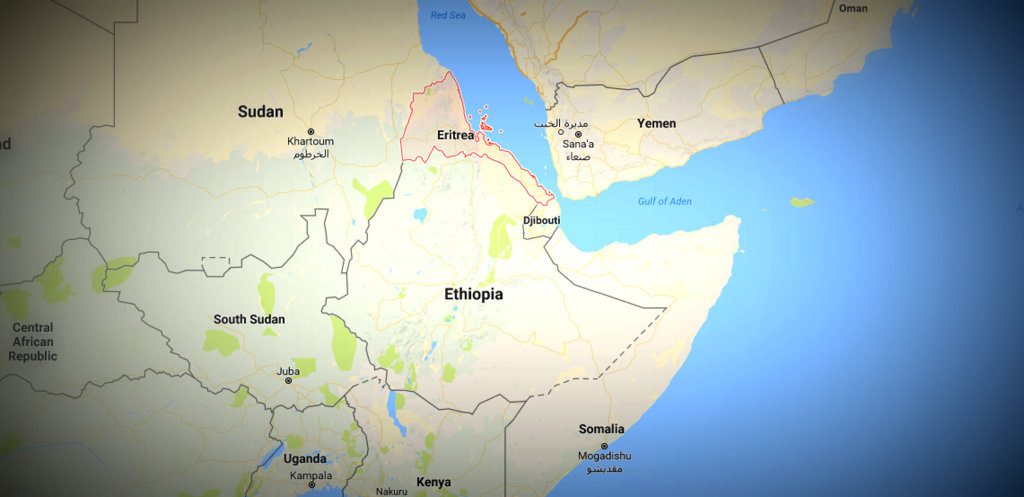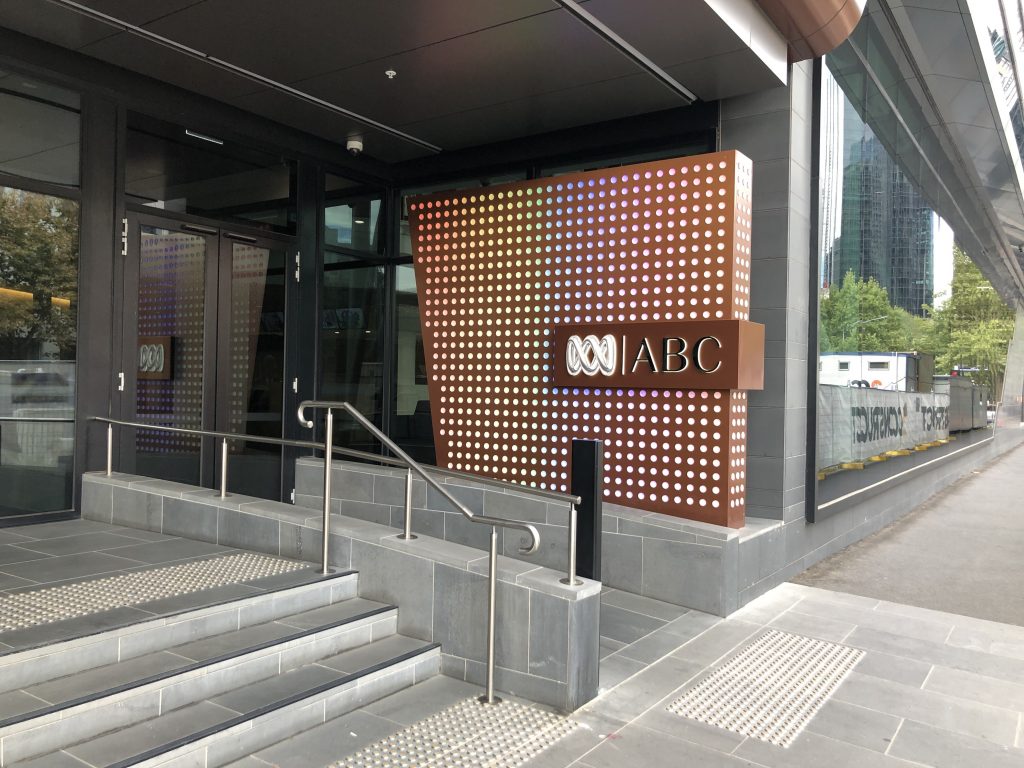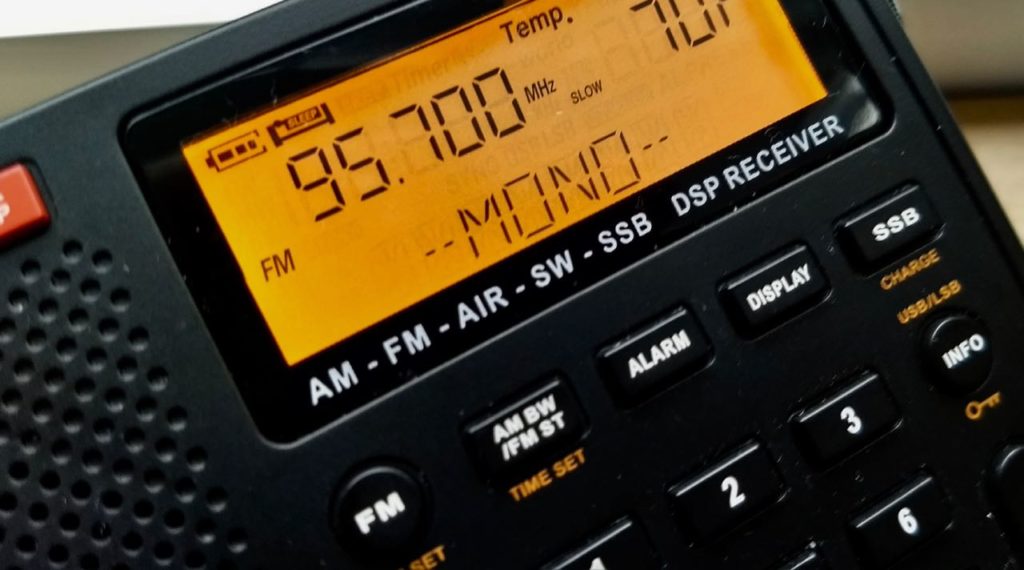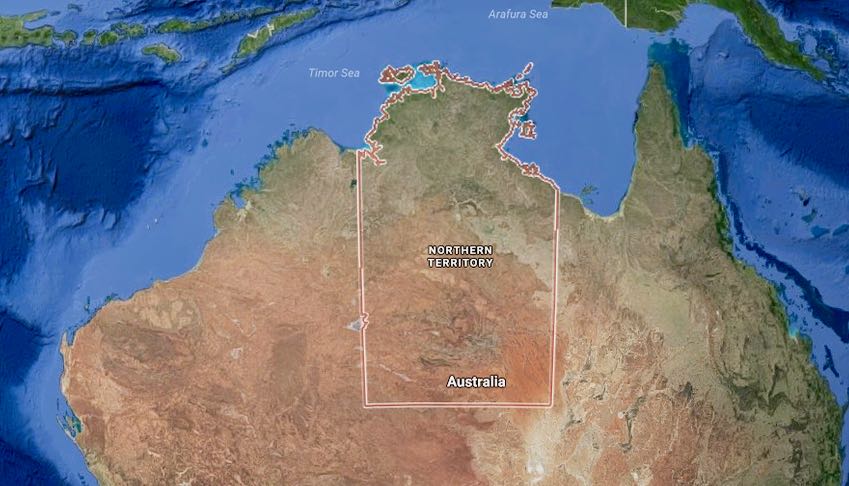
(Source: The Guardian)
[Radio Erena founder, Biniam Simon, writes:] “You have to understand: Eritrea is completely closed. No information is available there at all, about the outside world or what is going on internally. So if you’re an Eritrean journalist, and you make it to a place where so much information is available, the first thing you think is: why not tell people all this? It was the obvious thing to do.”
[…]The station broadcasts a two-hour programme in Arabic and Tigrinya seven days a week, repeating it several times a day, giving listeners inside Eritrea multiple opportunities to listen (they may do so, in the privacy of their own homes with the shutters closed and the sound turned down, only when electricity is available – which it often isn’t). As well as news about what the regime may be up to, it provides a detailed picture of what is happening to the refugees who are travelling to Europe – when a boat carrying 360 Eritreans capsized off Lampedusa in 2013, a correspondent was immediately dispatched to Italy – as well as features about diaspora success stories, footballers and athletes among them.
It runs smoothly. There is always a lot to tell. Making sure it can be picked up in Eritrea, however, remains a constant struggle. In 2012, the government managed to block it – seemingly unbothered by the fact that in doing so, it also blocked its own television channel (both broadcast on one satellite frequency). It has also successfully jammed it on shortwave, and on at least one occasion has hacked into the Radio Erena website, destroying it completely. “It’s a nonstop challenge,” he says. “We’re constantly fighting them, and it’s getting harder and harder because they are now employing new experts from China and Indonesia.”
But if this is exhausting, it’s also hugely encouraging: “It means that what we’re doing is working. We know this because the government wants us to stop.”[…]
Readers: this is only an excerpt from this excellent article in The Guardian. Click here to read the full article.







